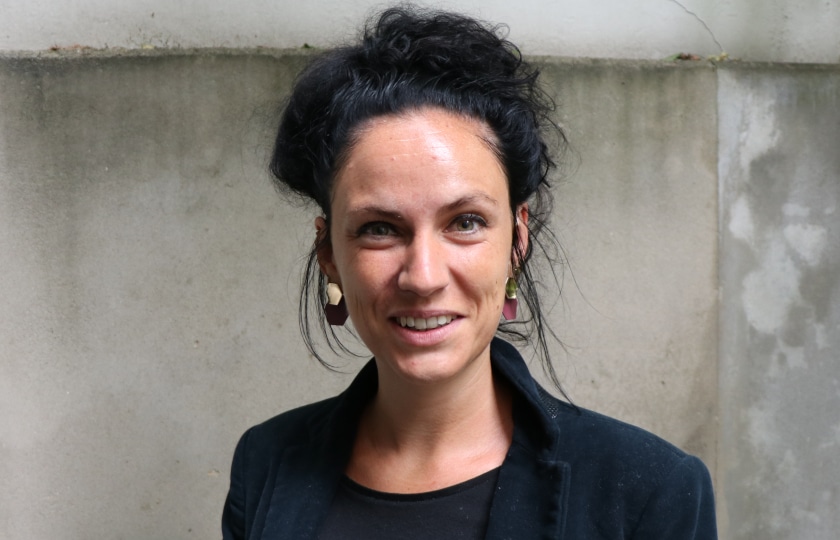Das Digitalisierungsforschungs- und Netzwerktreffen DigiMeet 2025 findet dieses Jahr virtuell statt und konzentriert sich auf das Thema „Platform Governance & Power“.
Ziel dieser interdisziplinären Veranstaltung ist es, Nachwuchsforscher*innen mit thematischen Schwerpunkten rund um die Digitalisierung ein Forum zu bieten. DigiMeet bietet Möglichkeiten zum Netzwerken, zur Präsentation von Ergebnissen, zum Austausch von Ideen sowie zur Sammlung von Inspirationen für neue und idealerweise kooperative Forschungsprojekte. Veranstaltungssprache ist Englisch.
Programm (auf Englisch)
9:30 – 10:00 | Welcome and Introduction by Prof. Dr. Wolfgang Schulz, HBI
10:00–11:00 | Keynote by Dr. Tobias Mast, HBI
11:00 – 12:30 | Parallel Sessions
Track 1: Platform Regulation and Community Building – Regulatory Frameworks
Track 2: Platforms as Shapers and Instruments of Governance – Opportunities and Challenges of AI
12:30–13:30 | Lunch Break
13:30 – 13:45 | Kick-Start Afternoon Sessions with Martin Krzywdzinski, Weizenbaum Institute
13:45 – 15:15 | Parallel Sessions
Track 1: Platform Regulation and Community Building – Networks and Discourses
Track 2: Platforms as Shapers and Instruments of Governance – Platforms as Governance Facilitators
15:30 – 16:00 | Group Debate – Visions for the Ideal Platform of the Future
16:00 | Farewell and End


